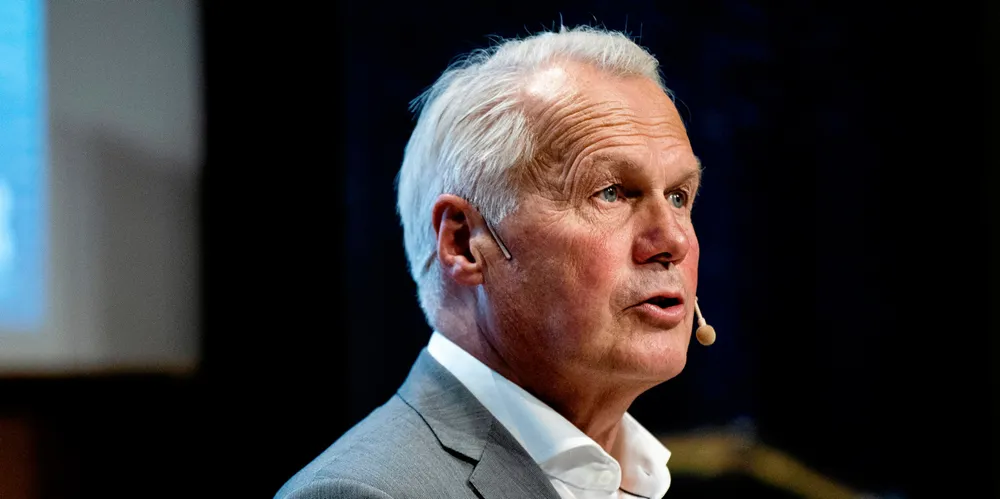SalMar: Salmon farming tax will have a 'significant distorting effect'
The 25% tax, approved Wednesday, will withdraw a substantial portion of investment capital from the industry, warns the world's second largest salmon producer.

The 25% tax, approved Wednesday, will withdraw a substantial portion of investment capital from the industry, warns the world's second largest salmon producer.
